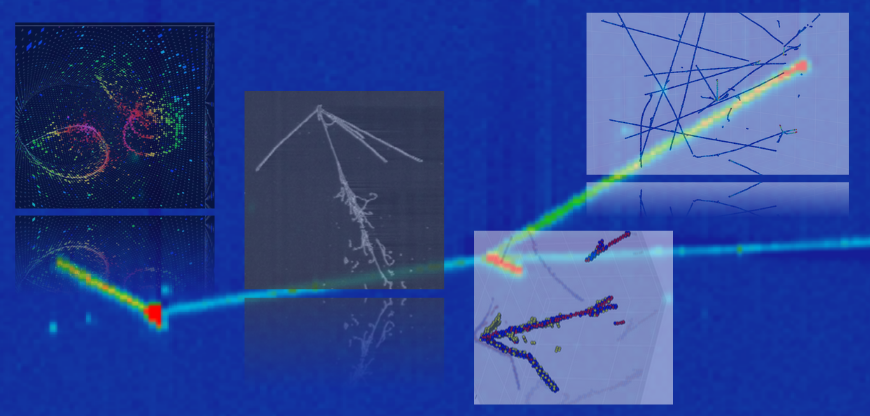Speaker
Description
Liquid argon time projection chambers (LArTPCs) are highly attractive for particle detection because of their tracking resolution and calorimetric reconstruction capabilities. Developing high-quality simulators for such detectors is very challenging because conventional approaches to describe different detector parameters or processes ignore their entanglement (ie, calibrations are done one at a time), which translates into a poor description of the underlying physics by the simulator. To address this, we created a differentiable simulator that enables gradient-based optimization, allowing an in-situ simultaneous calibration of all detector parameters for the first time. The simulator has been demonstrated to robustly fit targets across a wide range of parameter space using multiple physics samples, and therefore provides a strong proof-of-concept demonstration of the utility of differentiable detector simulation for the calibration task. In this talk, I will focus on the possibilities of using such a simulator to perform uncertainty propagation from the physical parameters down to the final reconstructed quantities.

